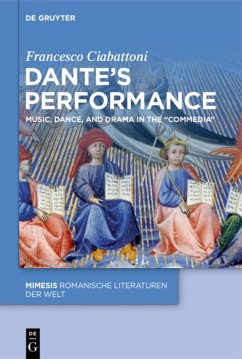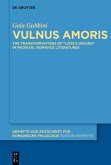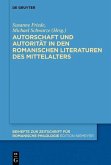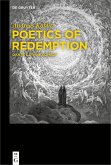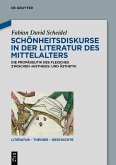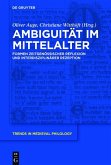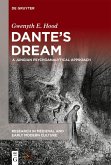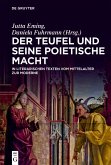From the dramatization of the harrowing of hell in Inferno IX, to Beatrice's celebratory return on top of Mount Purgatory, to the songs of the blessed, this study connects Dante's language to coeval theoretical and practical texts about performance.
If hell is "the Middle Age's theatrum diaboli," purgatory stages a performed purification through songs and acting, while paradise offers the spectacle of blessed spirits within the heavenly spheres as an aid to human understanding (Par. IV 28-39).
Dieser Download kann aus rechtlichen Gründen nur mit Rechnungsadresse in A, B, BG, CY, CZ, D, DK, EW, E, FIN, F, GR, HR, H, IRL, I, LT, L, LR, M, NL, PL, P, R, S, SLO, SK ausgeliefert werden.
Hinweis: Dieser Artikel kann nur an eine deutsche Lieferadresse ausgeliefert werden.

